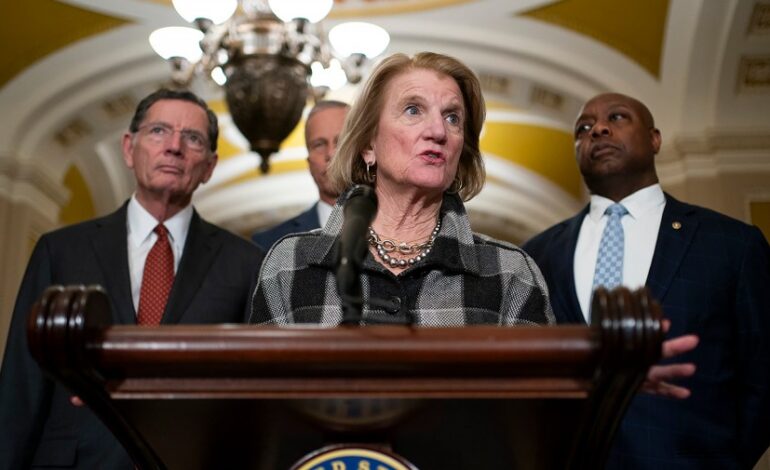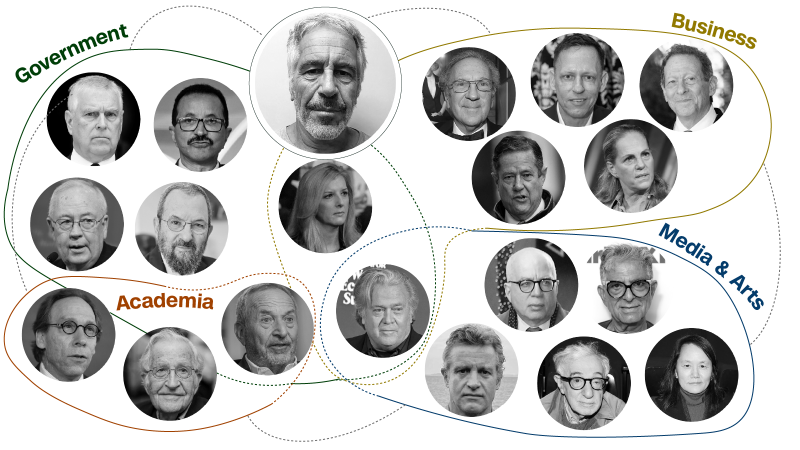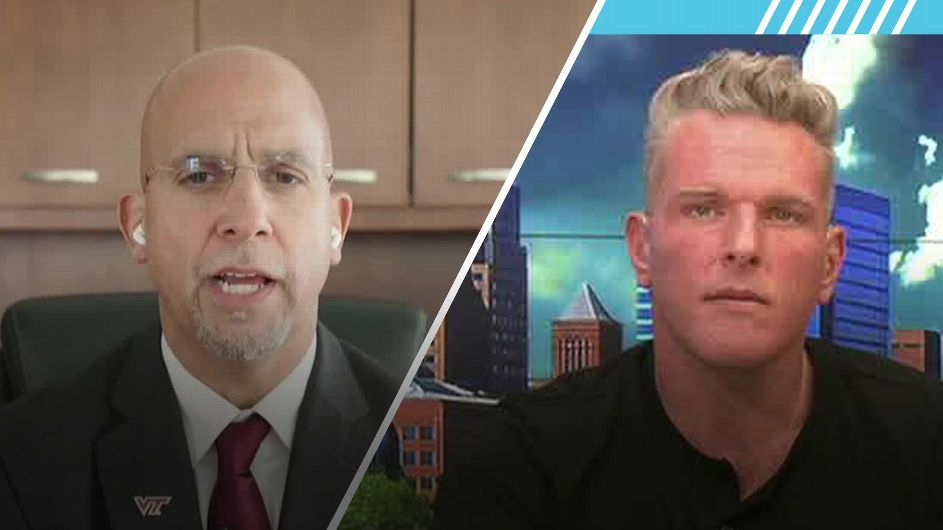Senate Republicans Challenge Schumer as Shutdown Deadline Looms

Senate Republicans are strategically positioning themselves in the ongoing negotiations over government funding, believing that Senate Minority Leader Chuck Schumer’s public statements about a potential shutdown may inadvertently benefit their cause. With less than two weeks remaining until a possible government shutdown, GOP members are keen to leverage Schumer’s vocal advocacy, viewing it as a way to further complicate the Democrats’ stance.
While the Republican party aims to advance a “clean” stopgap spending bill, several GOP sources have indicated a desire for Schumer to remain vocal about the shutdown risks. They argue that his rhetoric could bolster their position as funding concerns grow. Senator Shelley Moore Capito (R-W.Va.) expressed skepticism about Schumer’s awareness of public sentiment, stating, “People don’t want dysfunction. They don’t want a government shutdown.”
A GOP aide succinctly summarized the strategy: “Let Schumer be Schumer.” The political landscape has shifted significantly since Schumer surprised many by supporting a GOP-sponsored spending resolution six months ago. As the deadline approaches, his commitment to Democratic priorities, particularly regarding the extension of Affordable Care Act (ACA) subsidies, has drawn scrutiny. Senate Majority Leader John Thune (R-S.D.) has made it clear that these subsidies will not be included in the stopgap funding legislation.
Democratic Pressure and Political Dynamics
Schumer is grappling with mounting political pressures, particularly as his leadership is questioned within the Democratic caucus. His earlier decision to support the “clean” continuing resolution has exacerbated tensions with House Minority Leader Hakeem Jeffries (D-N.Y.), and concerns have emerged about potential challengers, including Representative Alexandria Ocasio-Cortez (D-N.Y.), ahead of the 2028 election.
As Republicans remain willing to allow Schumer’s statements to dominate the narrative, they contend that he is navigating a precarious political situation. Thune noted, “I just think right now, the Dems are in a really tough spot,” suggesting that pressure from the far-left of the Democratic Party complicates their position on government funding.
The GOP has drawn parallels between Schumer’s push for ACA subsidies and past conservative attempts to defund the ACA, emphasizing that this strategy is not likely to succeed. Thune criticized the Democrats for attempting to attach partisan issues to what they describe as a bipartisan funding resolution, stating, “I don’t think that’s a very sustainable position.”
Recent Developments and Future Considerations
In recent days, Democrats released their own continuing resolution, which Republicans label as containing partisan priorities. Schumer and Jeffries have also sought meetings with Republican leaders, further escalating tensions. Thune responded critically to this outreach, asserting that the GOP’s funding proposal is mischaracterized as “clean,” highlighting the lack of Democratic input.
On the Senate floor, Schumer argued against the notion of a “clean” bill, asserting that the current circumstances are markedly different from previous negotiations. He emphasized the need for bipartisanship, citing a lack of cooperation from Republicans, who he claims have been influenced by former President Donald Trump’s directive to avoid negotiations with Democrats.
If the House passes the continuing resolution on September 29, 2023, Thune is expected to initiate consideration of the bill shortly thereafter. Given the requirement for Democratic consent, the first vote could occur by the beginning of the following week. For Republicans, this timeline is favorable, as they anticipate that Schumer’s public statements will continue to play into their strategy.
As the situation unfolds, the pressure remains high on Schumer, with several Republican senators expressing doubt about his ability to navigate the complexities of his role. Senator Kevin Cramer (R-N.D.) remarked, “He is in the most precarious political position of everybody,” suggesting that Schumer’s vulnerability may hinder effective communication and decision-making in the coming days.
With the clock ticking, the outcome of these negotiations will significantly impact both parties and set the tone for future legislative efforts.






